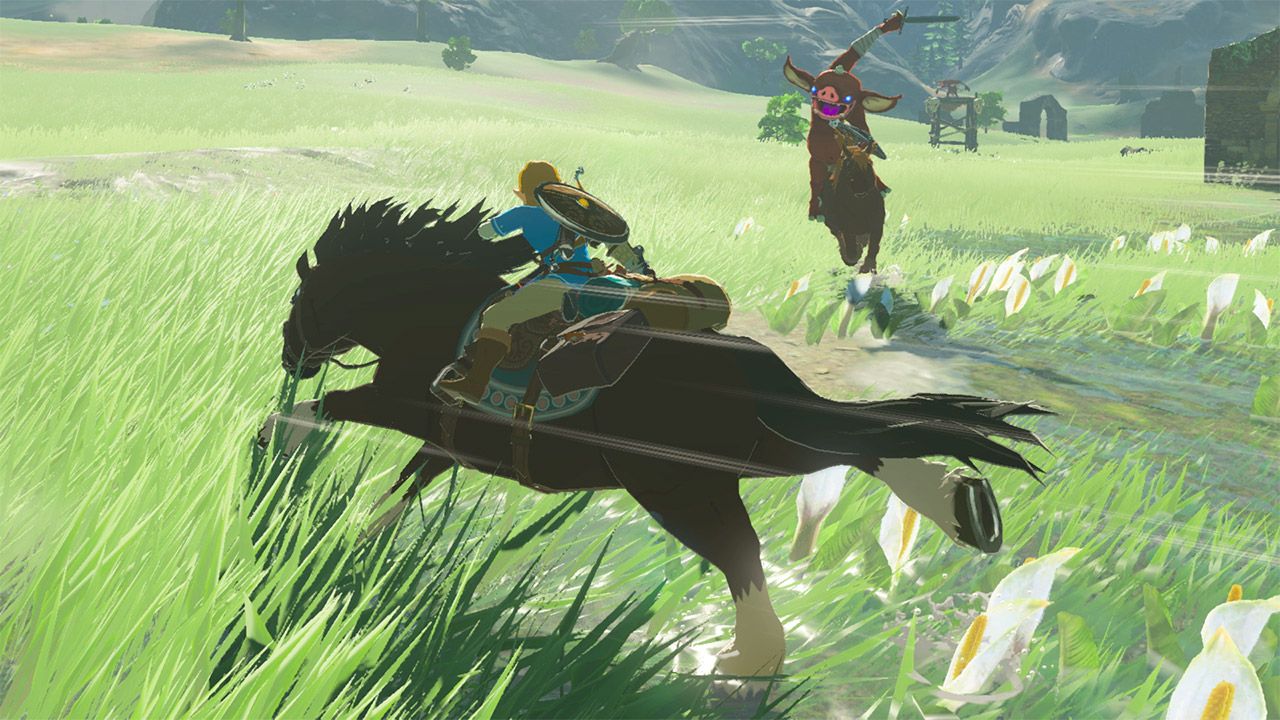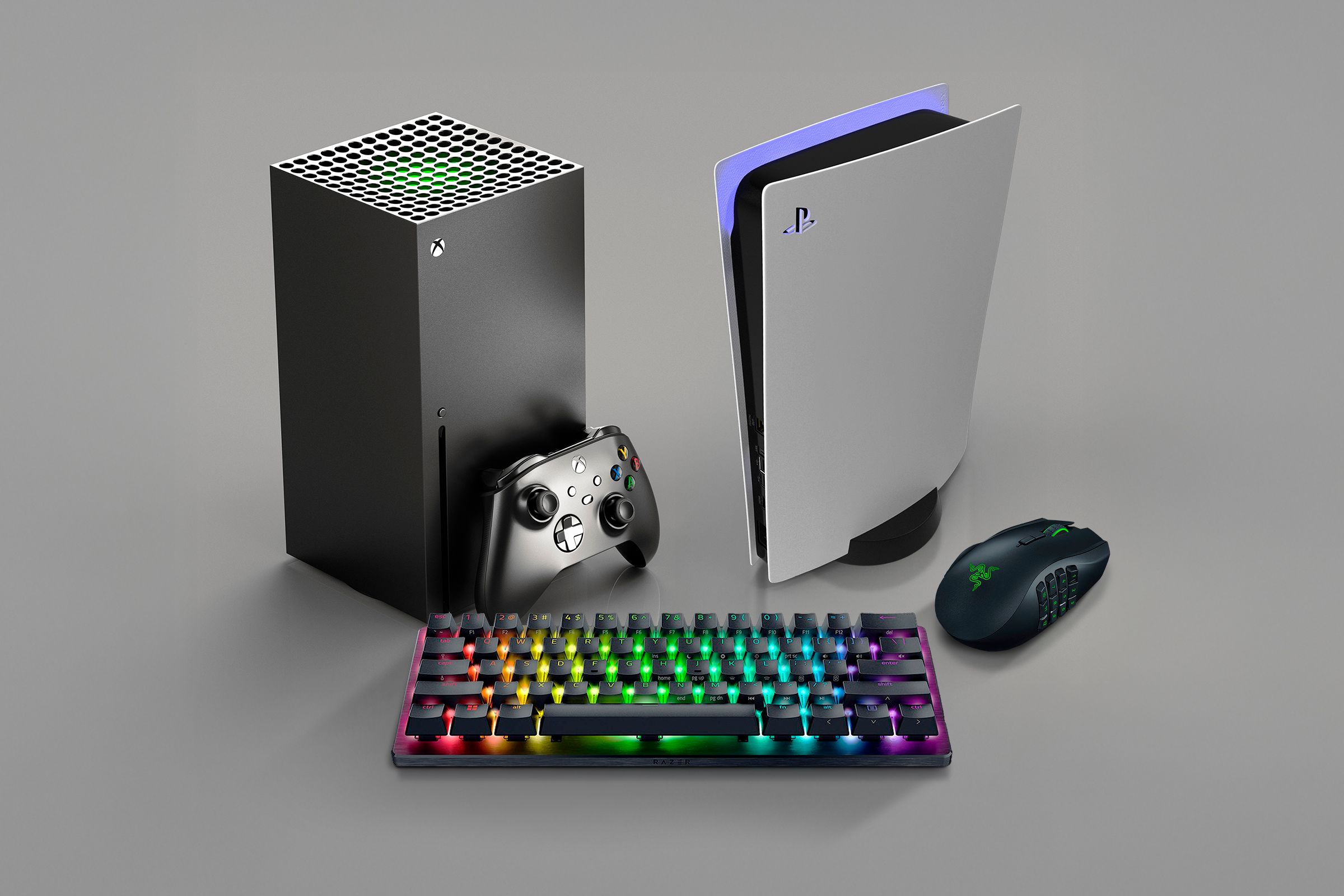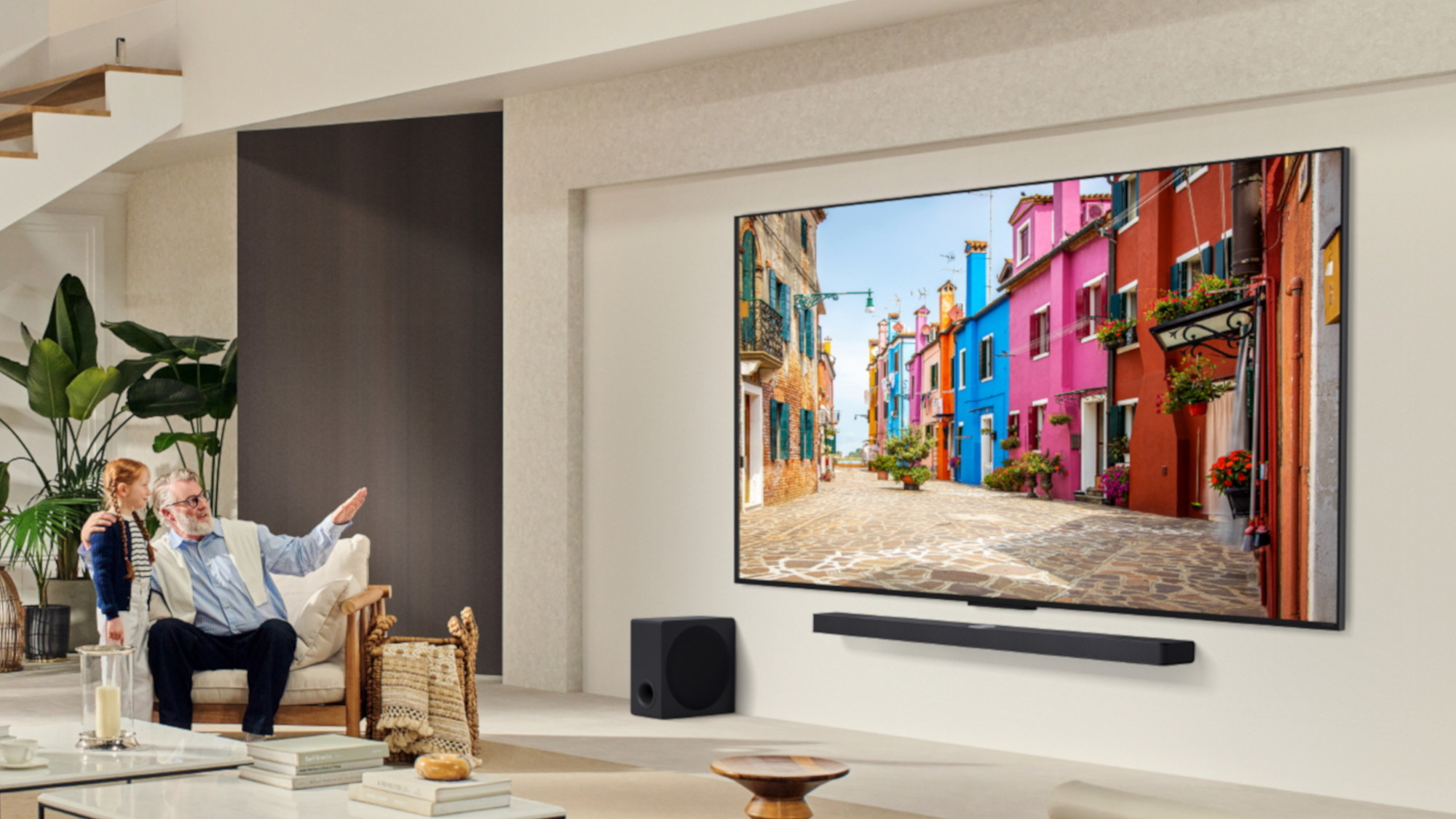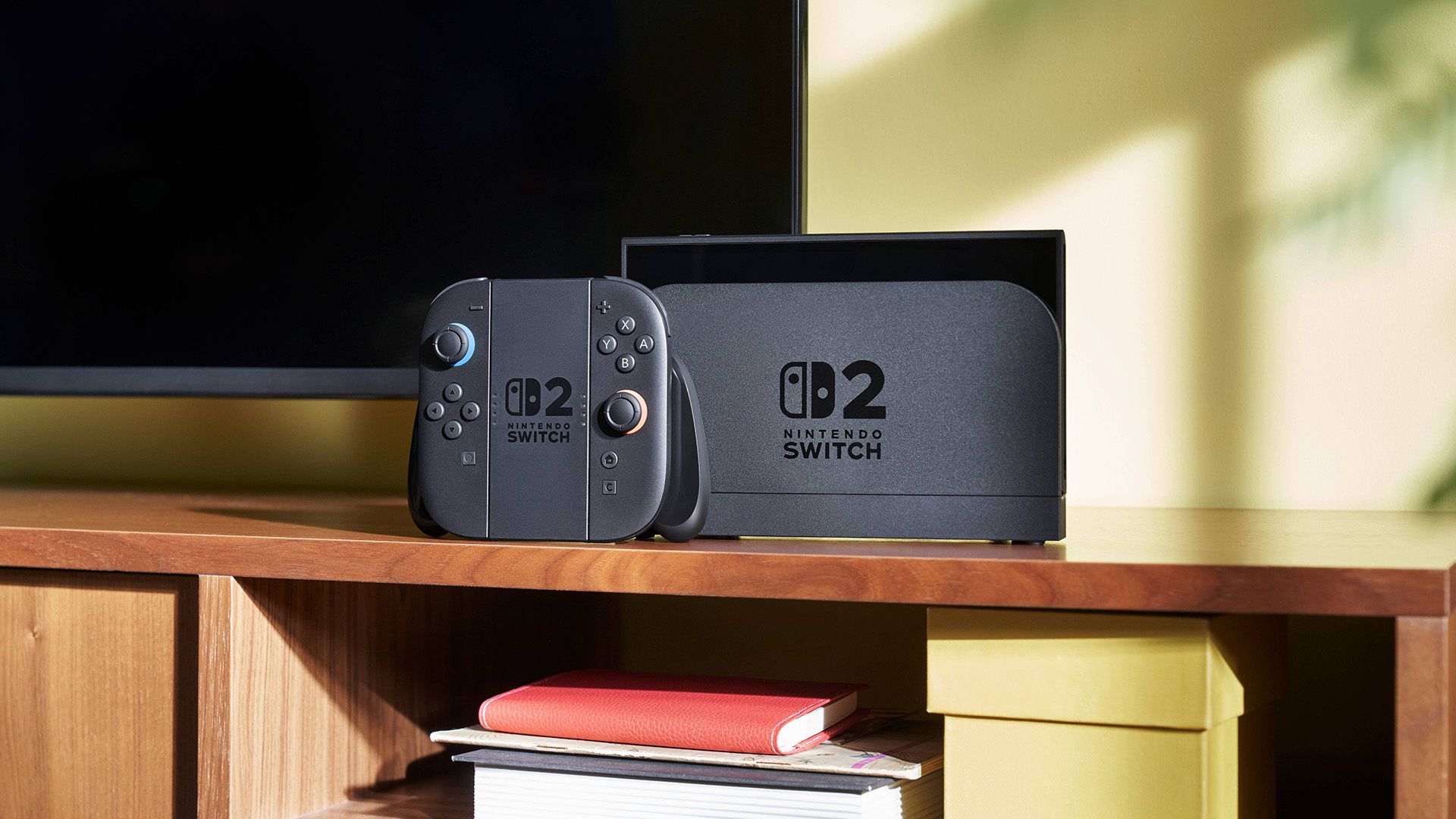
Summary
- Nintendo refuses to add an achievement system to Switch 2, focusing on pure gameplay experience.
- Achievements can influence toxic gameplay habits, neglecting the gaming experience itself.
- Nintendo’s decision to avoid achievements is positive. Preventing these gaming pitfalls.
Nintendo has never had an achievement system in the vein of PlayStation trophies or Xbox achievements, and it’s continuing this hallowed tradition with the Switch 2. Good!
In an interview with Polygon, Nintendo’s VP of “player and product experiences” simply answered “nope” when asked if the Switch 2 would bring achievements to Nintendo’s ecosystem. This, it seems, continues to baffle gamers who have come to expect this as a “modern” gaming feature, but to me it just shows that Nintendo still knows what it’s doing.
I Loved the Achievement-Free Purity of the OG Switch
I’ve written before that one of the things I have enjoyed the most about the original Switch is its lack of an achievement system. I enjoy games for their own sake, and I find the way that achievements are implemented on other systems to be quite obnoxious.
Related
The Switch Doesn’t Have Achievements (And I Hope It Never Does)
The real achievements were the friend we made along the way.
Sure, people always tell me I can just “turn them off”, but if you actually spend any time on platforms that have achievements (whether console or PC) you’ll know that simply turning off the notification for achievements doesn’t hide them. They are put front and center in the UI, in apps related to your game account, and really everywhere else.
If that was all, I could live with it, but personally, I think achievements are a net negative when it comes to game design. Because it’s an easy way to tap into that compulsive, dopamine reward system in your brain separate from the inherent gameplay itself.
It’s a way to compel people to keep playing that has nothing to do with the merits of the game, and worst of all, it motivates changes in game design. Including the practice of bloating games with pointless collectibles and other distractions.
It’s a Sign That Nintendo’s Focused on Gameplay First
I think Nintendo’s refusal to add an achievement system isn’t a refusal to move with the times. It’s a refusal to dilute their games, and to avoid the perverse game design incentives that achievements are. In general, Nintendo’s games are great examples of titles that are centered on gameplay.
While there are certainly optional parts of their games that reward people for exploring, or trying different things, there’s no external pressure to plumb those depths. The games themselves have to be compelling enough on their own merit. There was no need for achievements for people to put thousands of hours into Breath of the Wild pushing the limits of the gameplay system and scouring every corner for secrets.
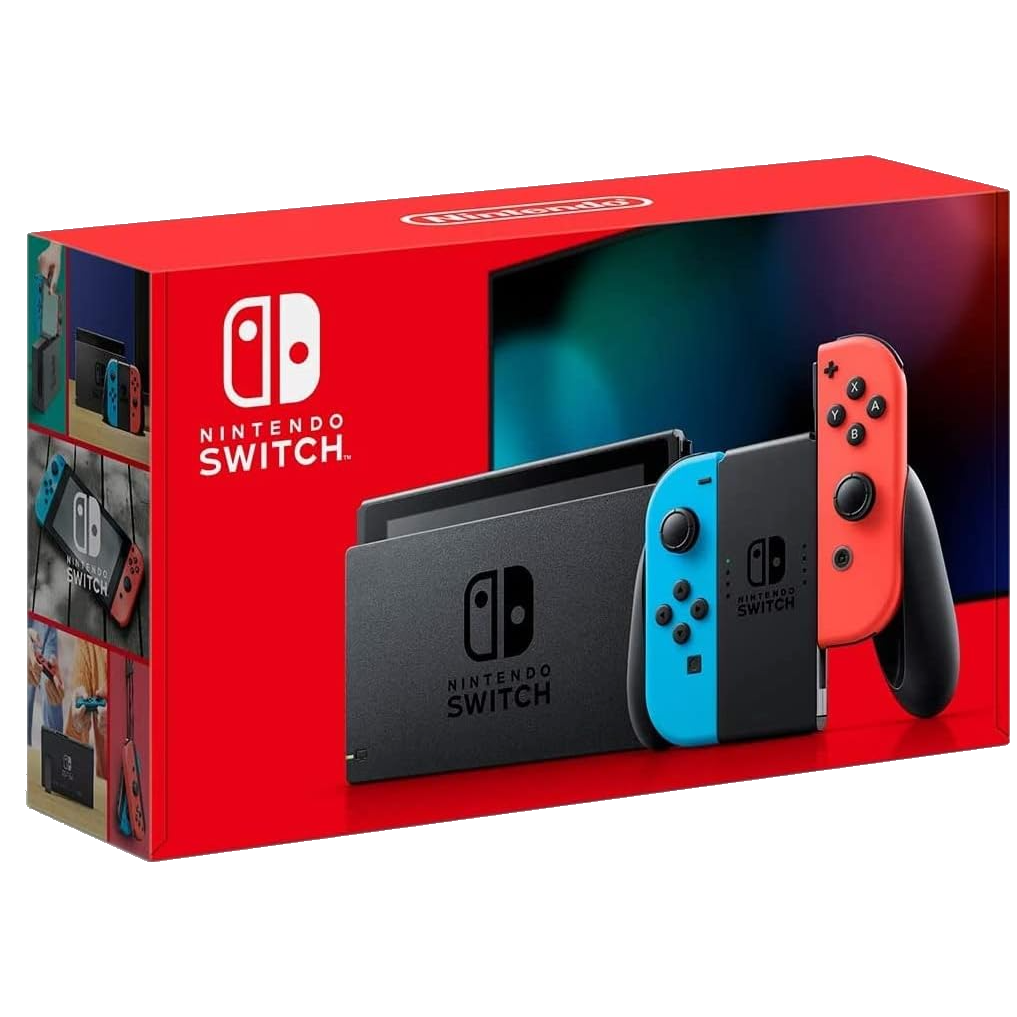
Nintendo Switch
$227 $300 Save
$73
There’s no game design time or resources wasted on compiling to-do lists for players, and instead you can use your own initiative to get from the game what you want from it.
Achievements Have Been a Slow Poison for Video Games
When achievement systems first entered the gaming mainstream, I didn’t pay much attention to them. It seemed harmless, and if people enjoyed them, well, good for them.
However, as time went on, and I saw how games themselves were changing in response to the existence and effectiveness of achievements, some games turned into things I no longer wanted to play.

Related
5 Psychological Tricks in Free-To-Play Games (and How to Avoid Them)
Popular games are using psychological tricks on you.
Even worse, there’s no shortage of examples on social media and gaming forums of people who care more about achievements than the actual games. They won’t play games that don’t have achievements, or at least lack the equivalent of a PSN Platinum Trophy. There’s also a toxic cycle of social comparison, where some people don’t consider a game complete unless someone gets all the achievements.

Related
I Stopped Trying to 100% Games (And They Got 100% More Fun)
100% defeating the point of video games.
I’ve also observed trophy hunters grinding through games they don’t like or enjoy for trophies, or boosting their trophy count by buying and finishing shovelware titles that exist only to let players effectively buy platinum trophies. A practice that Sony banned near the end of 2022.

Related
What Is “Shovelware” and How Do You Spot It?
Cheap prices don’t always mean great value.
By just saying no to achievements, Nintendo is avoiding all of this mess, and I think that’s the right decision.
Nintendo Should Keep Fighting the Good Fight
I keep hearing the opinion that Nintendo would benefit from achievements and that they’d pull in more players. This feels like a dubious argument coming off a generation where Nintendo’s console is the second best-selling of all time, and might even overtake the PlayStation 2 at some point to take the title.

Related
Dark Patterns: When Companies Use Design to Manipulate You
They assume you’ll just click Next without reading.
I find it hard to see a situation where the Switch could have been more successful, and I especially don’t see a lack of achievements doing any damage at all to the prospects of the Switch 2. There’s no downside for Nintendo, and only upsides for me—someone who enjoys games, not completing arbitrary lists.
Source link


